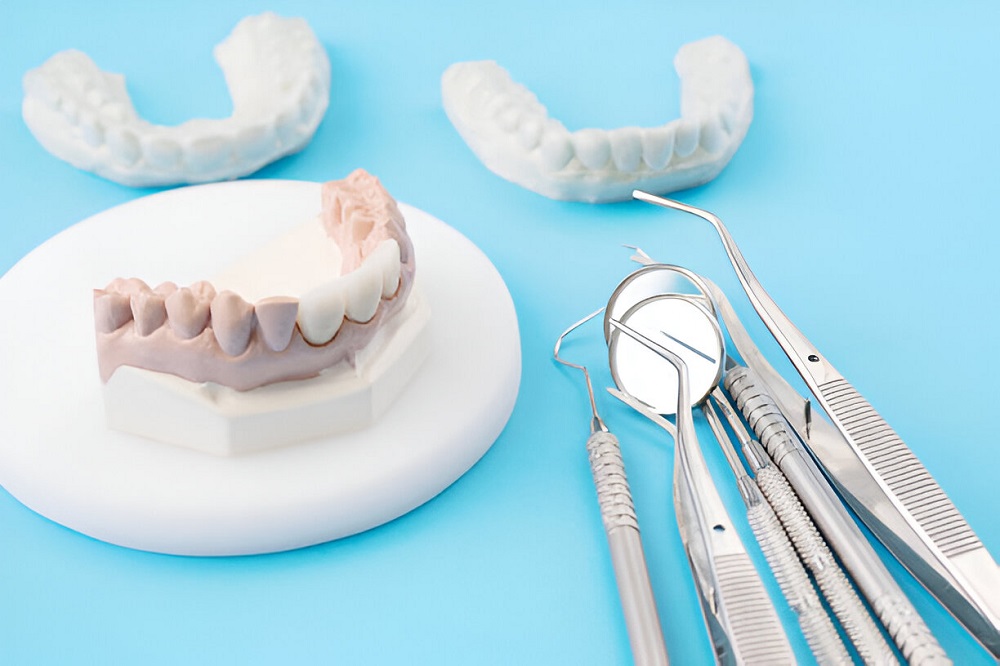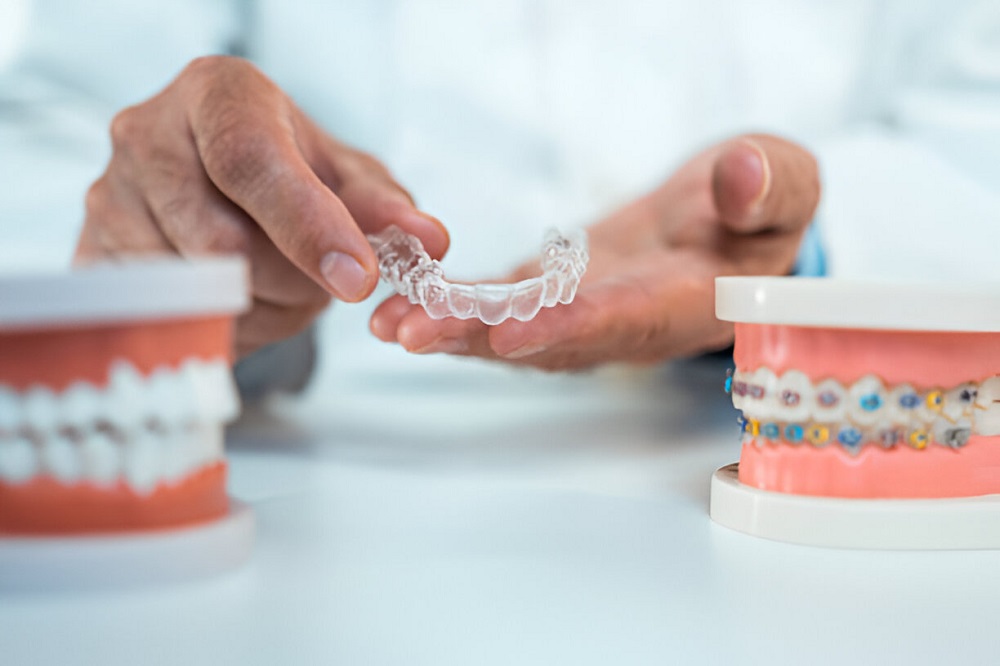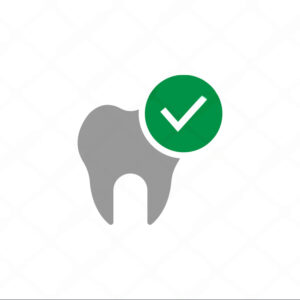If tooth loss has prompted you to consider replacing missing teeth, you have undoubtedly heard of prosthodontic. Dental implants are among the specialties of prosthodontists, whereas other dental professionals concentrate on other restorative procedures. You’ve come to the correct site if you want to learn more about prosthodontics and dental implants so that you’re ready for your procedure. What you need to know about how a prosthodontist can fix your smile is as follows:
Prosthodontic
The field of prosthodontics is devoted to creating dental implants to replace lost or broken teeth. Crowns, bridges, dental implants, and dentures are common prosthodontic procedures. A prosthodontist undergoes three more years of training in their chosen area after completing dental school.
The specialty area of dentistry known as prosthodontics is devoted to creating artificial teeth, or dental prosthetics, to replace missing or damaged teeth. The terms “prostho,” which means replacement, and “dentist,” which means teeth, are the roots of the word “prosthodontics.”
A dental professional who specializes in creating crowns, bridges, dentures, and other restoration procedures is known as a prosthodontist. TMJ issues are also frequently treated by them.
What is the role of a prosthodontist?
Prosthodontists are specialists in replacing lost teeth and restoring natural teeth, in contrast to regular dentists. Dental implants, crowns, caps, or artificial teeth (dentures) are used to replace lost or extracted teeth. In addition, prosthodontists with specialized training replace missing facial and jaw components for patients with head and neck abnormalities.
What benefits can prosthodontics offer?
Treatments using prosthodontic can:
- Fix severely damaged teeth.
- Replace any lost teeth.
- Make your bite better by aligning your teeth.
- Fix TMJ problems.

What dangers come with prosthodontic?
The risks associated with prosthodontic operations are negligible. There is always a little chance of infection or nerve injury, just like with any dental operation.
Get in touch with your prosthodontist or dentist immediately if you see any warning symptoms, such as fever or drainage close to the treatment site.
There are several services in which a prosthodontist can specialize, including:
● Fit and Positioning of Denture Implants
The correct fit and positioning of crowns, bridges, and solid or removable dentures are the areas of expertise for prosthodontists. Before designing one to your exact requirements, a prosthodontist will evaluate the state of your gums and jawbone to establish the ideal size and form.
● Problems with the jaw, sleep, or snoring
If you wish to address sleep or snoring issues, as well as temporomandibular difficulties or disorders, you should consult a prosthodontist.
The muscles and joints surrounding your jaw are part of your temporomandibular region. The majority of individuals call problems about this region TMJ. A lot of people have issues with this region, which show up more when they eat, yawn, or sleep. By providing you with the appropriate care, a prosthodontist can assist you in solving your issues.
● Repairing Traumatic Injuries
Prosthodontists are experts in fixing severe damage to the face, teeth, and mouth.
● Reconstruction in Oral Cancer
Surgery to remove any malignant development can be used to treat oral cancer. After that, a prosthodontist might treat any cosmetic issues by performing oral cancer reconstructive surgery.
Motives for Consulting a Prosthodontist
One may contact a prosthodontist for several reasons. A congenital (birth-related) problem, a mouth accident, or purely aesthetic considerations might be the cause.
Prosthodontists are highly skilled in the latest methods and procedures for treating complicated dental diseases, even though many conventional dentists are also capable of offering similar services.






